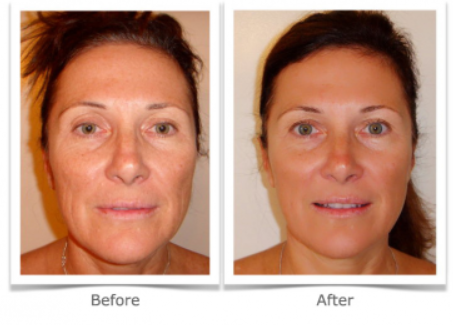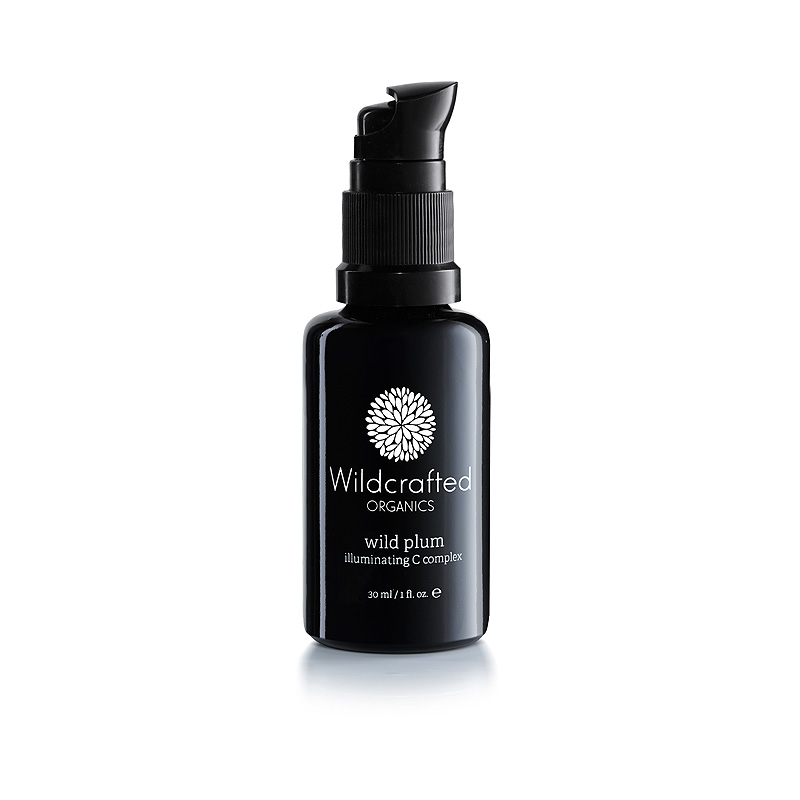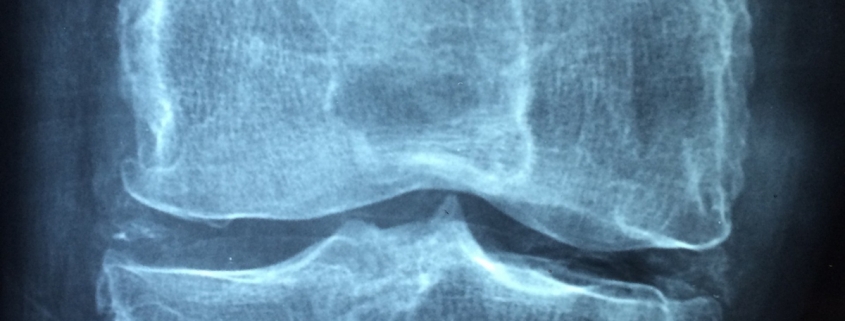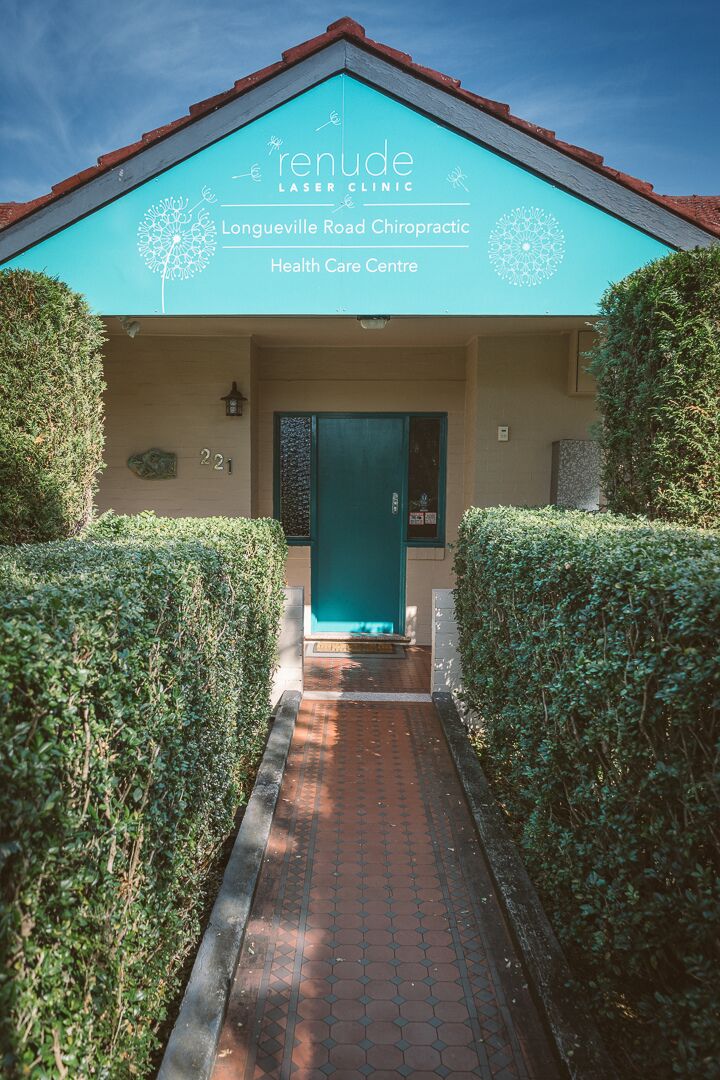Collagen- Anti-Ageing, Healing, Joint Protection
Do you want fewer wrinkles, better joints and faster healing from injury? Collagen might be what you need. It is the glue that holds the body together and sadly, it declines with age.
Collagen, the most abundant protein in our body, is an essential protein found naturally, and is the key structural component of connective tissue found in skin, tendons, bones, ligaments, blood vessels and muscles. Approximately one-fourth of the protein in our body is collagen. The strong white fibres of collagen said to be stronger than steel, gives our strength to this connective tissue “glue”.
From the age of 25, collagen is said to reduce by 1.5% a year so by 45, there could be as much as a 30% decline. Not only does collagen reduce with age, but poor lifestyle choices cause a decline in collagen formation too. High sugar diets, smoking and excessive sun exposure add to its demise.
Ancestral diets would have contained far greater collagen than our modern diets do now .Rarely do we eat the high sources of collagen found in bone broths or bone marrow as our ancestors did as we have mostly been content with eating just muscle meat.
The inner layer of the skin, the dermis, contains large amounts of these collagen fibres providing strength, texture and springiness. Working in conjunction with elastin, collagen helps skin maintain its elasticity, characteristic of youth. With age, there is a reduction in collagen density and therefore a reduction in dermal thickness. This dermal collagen network becomes increasingly fragmented presenting less organised fibres over time so boosting collagen nutrients can improve skin health including the improvement of fine lines, wrinkles and skin dryness.
So, is there any research that supports taking collagen supplements? Yes there is!
Research
1.“Preliminary results are promising for the short and long-term use of oral collagen supplements for wound healing and skin aging. Oral collagen supplements also increase skin elasticity, hydration, and dermal collagen density”. J Drugs Dermatol. 2019;18(1):9-16. on”==typeo
2.“Daily oral supplementation with collagen peptides combined with vitamins and other bioactive compounds improves skin elasticity and has a beneficial effect on joint and general wellbeing” with a take home message of “might be an effective solution to slow down the hallmarks of aging.”
3. “After 4 weeks of follow-up treatment, a statistically significantly higher skin elasticity level was determined in elderly women.”https://www.ncbi.nlm.nih.gov/pubmed/23949208
4. One research paper highlighted “the potential application of CPs (collagen peptides) as a healthcare supplement to combat cancer and cardiovascular disease by inhibiting platelet release.”
5. This paper showed “improvement of joint pain in athletes who were treated with the dietary supplement collagen hydrolysate.”
6.“The study demonstrated that collagen peptides are potential therapeutic agents as nutritional supplements for the management of osteoarthritis and maintenance of joint health.”
Convinced yet? Let’s look at the type of collagen fibres in the body and see where collagen can help you.
Types of Collagen
Type I: The densely packed fibres of Type I gives great strength and accounts for 90% of your body’s collagen. It provides structure to skin, bones, tendons, fibrous cartilage, connective tissue and teeth. It is important to note that the lining of the gastrointestinal tract is made of connective tissue. Wound healing would be the benefit for Type 1, holding together the skin to prevent tearing of the skin via its elastic properties.
Type II: This type is made of more loosely packed fibres and is found in elastic cartilage, to cushion joints. Healthy joints rely on type II collagen. The lack of type II collagen could lead to age associated joint pain, including arthritis.
Type III: This type supports the structure of muscles, organs and arterial walls and is found in bone marrow. There is evidence that type III support cardiovascular development as type III fibres are found in the heart. Type III benefits skin (elasticity and firmness), hair and nail growth as does type I.
Type IV: This type is found in the skin anchoring system, or basement membrane. The basement membrane anchors the epithelium to the dermal layer and would therefore be helpful in tissue regeneration following injury. Epithelia cells line our digestive organs and respiratory systems so the basement membrane has a very important function here. Type IV fibres are also found in the lens of the eye.
Type V: This type is important for the development of type I and type III collagen. It is required to make cell surfaces, hair strands and placental tissue.
Type VI: This type is considered cell protective.
Type 10: Type 10 is important for bone tissue and cartilage formation and therefore could be important in the healing process including fractures and synovial joints.
Regarding anti-ageing Type I and Type III are the stars, minimizing fine lines and wrinkles, improving skin elasticity, improving circulation, thickening hair and slowing hair loss, increasing skin hydration and decreasing micro-furrows. For joint health, its Type II.
Science is telling us that this is an important to introduce collagen into our every day life.

How do I get additional collagen into my body?
To help boost the production of collagen, supplement your diet with a variety of nutritious foods that contain collagen making vitamins and minerals. Many people, including us also choose to take a collagen supplement to help nourish the skin, improve joint health and combat the effects of ageing. Drinking Bone broths is a lovely way to add collagen.
Vitamin C is involved in every step of collagen production making it a vital component for healthy skin and healthy body. No Vitamin C means no collagen production. Vitamin C is also a powerful antioxidant. Antioxidants are important to fight against free radicals that can break down healthy tissue. Anthocyanidins are another form of powerful antioxidants. These can be found berries, cherries and red grapes. Vitamin C is found in leafy greens, citrus, tomatoes. Visit our vitamin page for a more extensive list.
Chromium is a mineral that helps regulate insulin and glucose. A diet high in sugar disrupts collagen production so including chromium foods in your diet supports collagen manufacture. Most importantly, reduce sugar intake and be aware of hidden sugars, found mostly on supermarket shelves labelled as low fat. Also look for low GI foods. Start reading labels when you go shopping and try and buy fresh.
Zinc activates proteins (it is called a cofactor) involved in the synthesis and the remodelling of collagen. Zinc plays an important role in skin repair and wound healing. Found in almonds, grass fed meat, spinach and eggs. For a more extensive list, visit our mineral blog.
Omega 3’s fatty acids are considered heart healthy but they are also known as collagen boosting. There are 3 main types of omega-3 fatty acids and they are ALA, DHA, and EPA. A diet rich in omega-3s enhances collagen production, can support ligaments to heal and is helpful for reducing inflammation. The plant source rich ALA Omega-3s can be found in walnuts, pecans, flaxseed, and spinach. Fatty oily fish (trout, salmon, mackerel, prawns, sardines, oysters) and seaweed provide DHA and EPA fatty acids.
Proteins are made up of amino acids, the building blocks of protein. Amino acids such as proline and lysine are necessary for the production of collagen. Proline can be found in spinach, legumes (beans, lentils, and chickpeas), cabbage and asparagus. Lysine foods are red meat, chicken, fish, eggs and legumes.
Silica is essential in the development of healthy skin, hair, and nails. As silica levels naturally decline as we age, adding silica to your diet is therefore important to help prevent dry skin, brittle nails and bones. For better collagen production to keep skin radiant and supple longer try adding carrots, cucumbers with skin, bananas, brown rice, nettle leaf tea and oats.
Sulfur is one of the most abundant minerals in the body and is essential also for the production of collagen. It supports the structure and strength of the body’s connective tissue. A diet deficient in this essential nutrient can result in a host of skin problems such as acne and dermatitis. Sulfur deficiencies are also linked to wrinkle formation. Minimize wrinkles and support collagen development by eating food rich in sulfur like brussel sprouts, kale, fermented vegetables, and onions.
Green tea is rich in polyphenols and due to their powerful antioxidant nature, they have been shown to stimulate the production of collagen and prevent its breakdown. Green tea is also beneficial to build a certain type of good bacteria in the gut.
Types of Collagen Powders
Marine Collagen peptides or Grass Fed Collagen peptides are the two choices. They both seem comparable, however marine collagen might have a greater risk of intestinal upsets for a limited number of people. Some believe that Marine collagen peptides could have better absorption and bioavailability due to their smaller particle sizes compared to other animal collagens.
Plant collagen does not exist exactly as collagen peptides are found in animal sources, however, there are plant-based vegan/vegetarian elixirs that can help boost amino acids (glycine, lysine, and proline) that are required to make collagen. It is not however comparable to the animal sources.
Important Amino Acids In Collagen Powders
Glycine makes up about one-third of the protein. It helps build DNA strands, important in blood sugar regulation, crucial for soft tissues including the gut lining and therefore important in repairing leaky gut, it’s required for joint health and is one of three amino acids to help make creatinine that promotes healthy muscle and boosts energy production. Proline is important for blood vessel integrity and joint health. Glutamine research has shown benefits for anxiety, sleep, concentration, wound healing, joint pain, digestion and immunity. Arginine breaks down into nitric oxide, an important compound for heart and arterial health. Immunity and male libido benefits have also been reported.
Adding Collagen Nutrients directly on to the Skin
Adding a rich source of Vitamin C onto your skin is important for skin health and recovery as well as well as for the production of collagen. Our very own Australian Kakadu plum has the highest source of Vitamin C in the world.
Collagen is formed indirectly via peptides and antioxidants (Vitamin C). By adding these products on to your skin, you are helping create collagen.
Certain essential oils and natural peptides have tiny molecular sizes which can penetrate the skin to activate this collagen synthesis.
We stock a few amazing organic products important for anti-ageing. An Ayurvedic brand, Puraveda contains peptides, Matrixyl (speeds up the synthesis of Type I, II, IV, elastin and hyaluronic), argireline (nature’s botox), CoQ10 as well as hyaluronic acid that plumps up the skin. Within their products are botanicals that reduce inflammation, promote collagen and stabilise collagen.
They boast that it has been clinically proven to reduce wrinkles and fine lines by up to 60% in less than 60 days. Depression scarring can also be helped with these products.

Our other product line is Wildcrafted Organics. Their Wild Plum Illuminating C Complex contains the amazing Kakadu plum. Also containing knotgrass, which is photo-protective and Leuphasyl, another botox like peptide. Antarctine increases levels of Collagen I, IV and Elastin.

Toxic chemicals are not required to get amazing results from your skin care. Plant botanicals are extremely powerful and in the right combinations can assist your skin recover, grow collagen, and glow!
Cosmetic Procedures to Induce Collagen for Rejuvenation
Inducing collagen can occur via laser technology and needling. This is creating collagen at speed! We have found the needling mechanism traumatic and painful and not quite as effective as laser treatments. Some needling techniques have also been known to tear the skin and interrupt the skin barrier system.
Ablative laser therapy is definitely a more intense treatment with greater down time but faster effects by thermal and wound induction. Effects are generally noticed after a few months as the collagen continues to form.
Non- Ablative laser therapy is a gentler approach to forming collagen that thermally causes the induction of collagen. Another form of non- ablative treatment is Low level laser therapy. This would best be suited for the highly sensitive and for those who’s skin has been damaged by needling. Effects are also noticed after a few months.
Take Home Message
Supplementation with high quality collagen could be beneficial to promote collagen synthesis in the body, helping to restore collagen to its former state. This is important for the skin, gut, blood vessels and joints. As collagen is important for skin elasticity, many people choose to take a collagen supplement to help combat the effects of ageing. Peptides and antioxidants are the best way to boost collagen naturally. Bio-availability is the important factor in collagen supplementation. Collagen is a large molecule but hydrolyzed collagen has amino chains broken down to smaller units making it easier for the body to assimilate. This is what you need to look for when purchasing a collagen product for ingestion.
Generally, we are not getting enough collagen in our diet as our ancestors did. Eating nose to tail has become less frequent or virtually non-existent in the standard western diet. If nose to tail eating is not to your taste, you can find collagen in foods that contain gelatin, such as bone broth. Gelatin is a protein substance derived from collagen after it has been cooked. Some people report a histamine reaction after consuming gelatin or gelatin powders and supplements, so gelatin may not be appropriate for those with severe histamine intolerance’s.
Alternatively, try some of our collagen powder recipes to help you get collagen into your body. It is your body’s scaffolding. You’ll be pleased to know that collagen powder is tasteless and can even be added into your tea or coffee. Start with a tablespoon in your morning coffee or tea. If you are not a beverage drinker, then just mix into slightly warm water or room temperature juice. For the best benefits, drink it on an empty stomach.
Here is our Matcha Beauty and Power Balls recipe, getting the benefits of green tea too. It is really easy to add collagen powder to anything. To make your own bone broth, try this.





